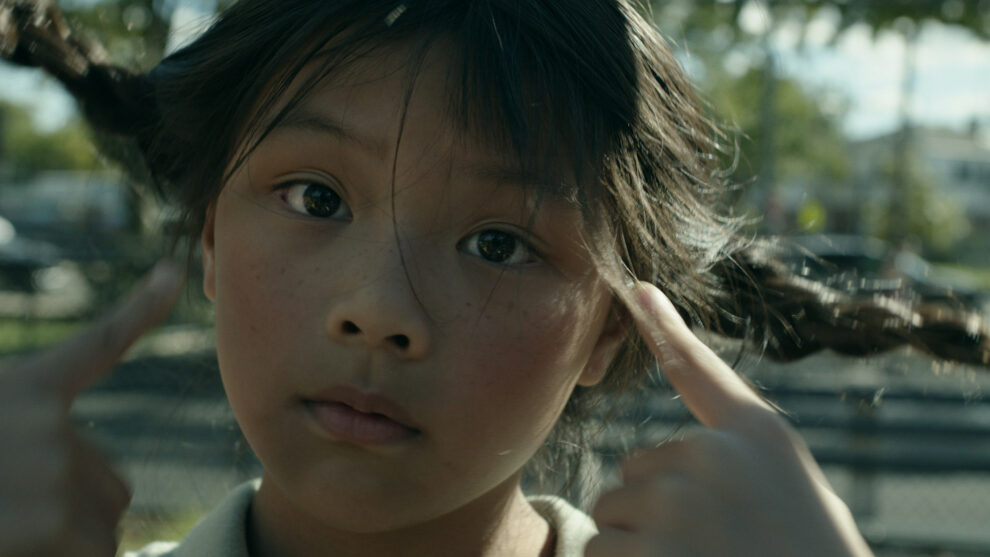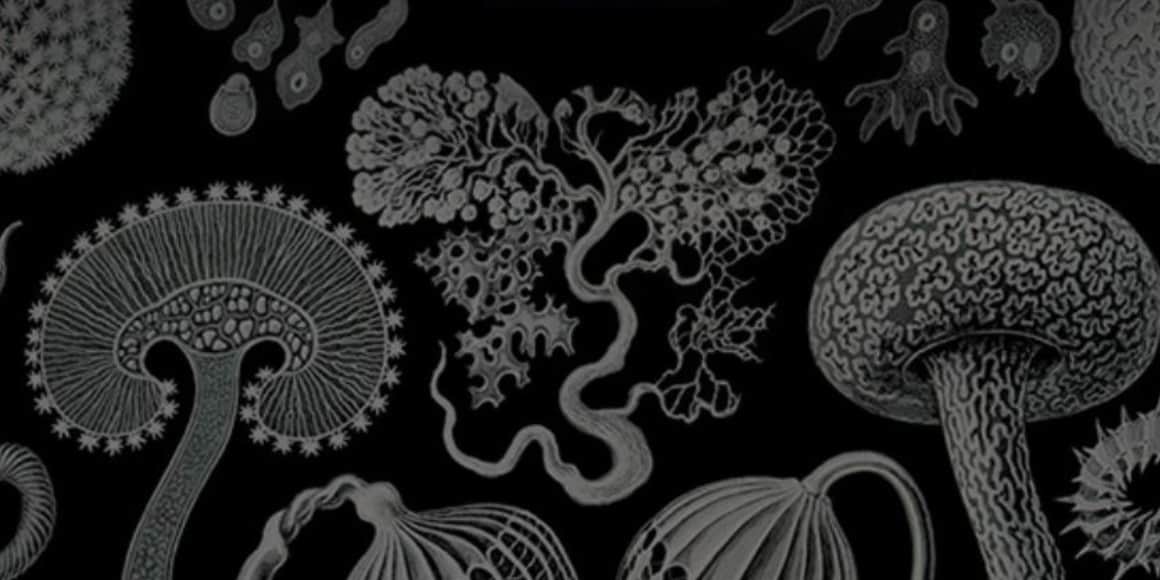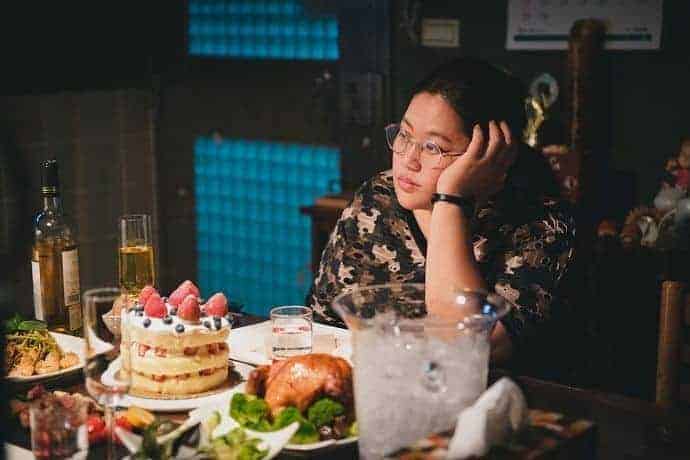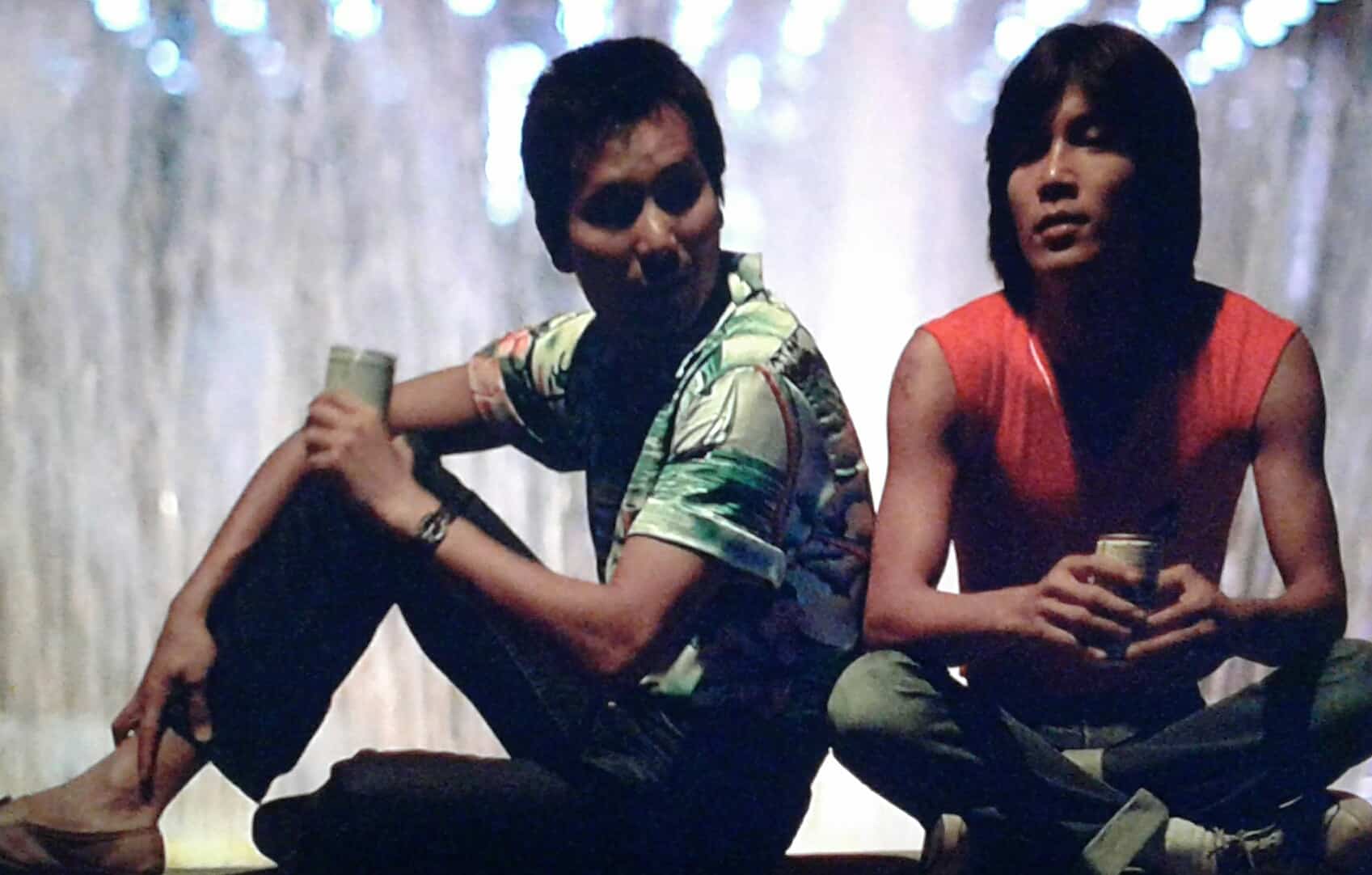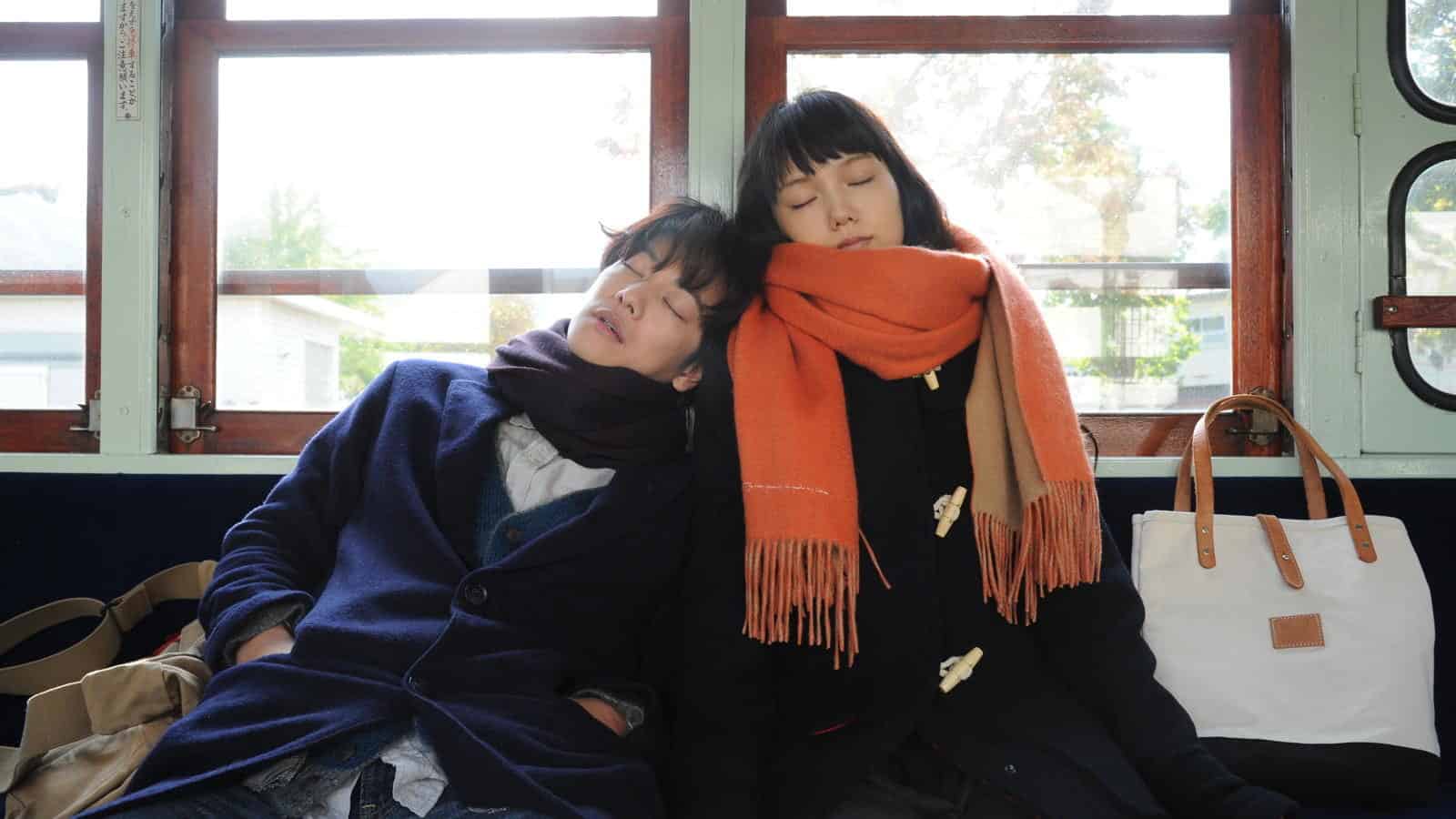From, Karoline Xu, the scriptwriter's statement: From 1998 to 2000, I lived in a municipality next to Stockholm. I loved everything there: underground grocery stores, recess in the woods, dressing up for St. Lucia's Day. Later, my mom told me that I had a difficult time. The school where I kissed my first crush (a young Norwegian boy) was the same place where other white boys mocked my small “Oriental” eyes. In 2014, Sweden re-released the 1969 Pippi Longstocking television series and removed a few racial slurs, including the phrase “king of the Negroes” and a sequence where Pippi draws her eyes out into the slant eye gesture and sings a mock Chinese song. There was a large backlash; many Swedes believed this censorship corrupted a national treasure and reflected a submission to the “politically correct” atmosphere. The fusion of these events spurred what would eventually become “Pippi”
“Pippi” is screening at New Filmmakers Los Angeles

The film begins with a close up to the face (and eyes) of an oriental girl, who is soon revealed to be Jessa, a Chinese-Swedish 8-year-old, who has recently started going to school, and is now hanging upside down from monkey bars, watching the other kids in her school in the US, playing. Soon, her memory goes back to previous week, when she mentioned to her mother that a kid in her school mocked her eyes. Her mother, hearing this, is briefly taken aback, but soon decides to tone down the whole thing, making fun of the whole concept, clowning to her daughter who eventually starts mimicking her. As the story goes back to the present, Jessa faces the attitude of three classmates, who are on the verge of offending her. She decides to channel her mother's tactics to “face” them.
Mia Walker directs a film that movies into two axes. The first one is the issues children of oriental ancestry face in the West, with the comments Jessa had to face essentially reminding that even though society has made steps forward regarding racism, some things still stay the same. The second axis is the connection between mother and daughter, with the way Jessa's mother reacts to what she tells being a sample of good parenting, and essentially what allows the girl to face what happens to her next. The way she manages to make friends out of kids who were not exactly positive towards her, also adds to the parenting comment, even if the whole thing is somewhat romanticized.
The visual approach is also interesting here, with DP Scott Ray's playing through shots through Jessa's eyes, with the upside down being the one that stands out, also become it is quite funny in its depiction. This focus on eyes has a double meaning, considering that the shape of the Asian ones is frequently the source of racist behavior, as highlighted in the prologue here. Ayumi Ashley's coloring is fittingly bright, without any excessiveness though, while Julian Muller's editing results in a fitting, fast pace for the less than 7 minutes movie, while the flashback is well placed within the narrative.
Angela Cao in the role of Jessa is both realistic and adorable in her Pippi attire, giving an appealingly measured performance. Scripwriter Karoline Xu plays the mother here with gusto, with the way she hears her daughter's comment and her subsequent reaction being among the most pleasurable moments in the movie.
Mia Walker chose to highlight her comments in a way that is funny and cheerful, which is no way does detract from their impact, in a short that is both entertaining and provides food for thought.


